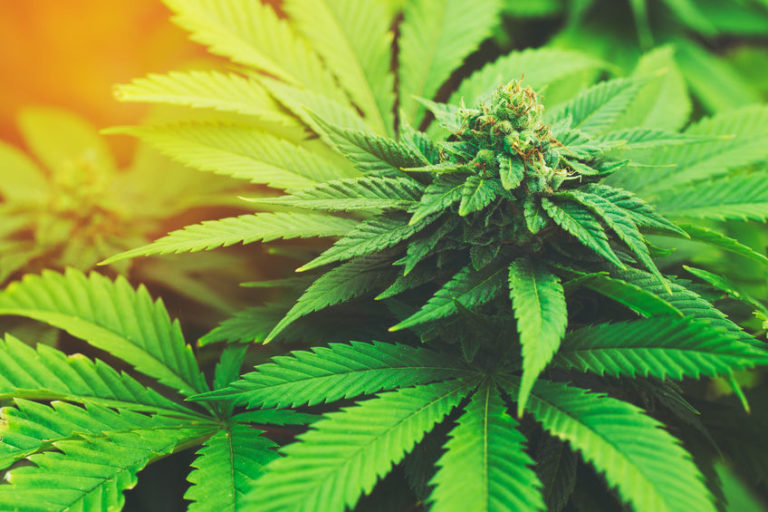Bill McAllister, the former communication director and press secretary for former Gov. Sarah Palin, died on Dec. 15, 2017 in Anchorage. For several years, his health had been deteriorating and he had been unable to work for the past two years.
McAllister was a journalist who worked alongside many others in the state, including Suzanne Downing, editor of this news site, who hired him in 1999, and felt lucky to have done so.
He was one of the most accomplished journalists I’ve had the privilege of working with in Alaska, and raised the bar for his colleagues at the Juneau Empire.
“He was fair, he was no-nonsense and he was a true professional, and we are saddened for his family and their loss,” said former Empire Publisher John Winters.
Like many journalists in the small world of Alaska, McAllister went back and forth through the door of being a news reporter to working as a press secretary and back to news reporting.
“As our friend, and my former spokesman in the Governor’s Office, my family and I knew him as such a good man! Always so proud of his family; always working tirelessly in various capacities in journalism; always gracious with his calm, cool, collected demeanor. Bill was such a good example and influence. It was a pleasure working with him. My family and I have the utmost respect for Bill and his memory. God bless his family,” Gov. Palin wrote on Facebook on Wednesday.
[Read: Bill McAllister’s long strange year]
He started his career in journalism in Minnesota after graduating from Hamline University in St. Paul. McAllister covered both politics and rock and roll while writing for the St. Cloud Times. He was also a music critic for Gannett News Service, and covered the opening night of Bruce Springsteen’s “Born in the U.S.A.” tour.
After working at the St. Paul Legal Ledger, he moved to Juneau and wrote for the Juneau Empire for three years, then worked for KTOO TV and radio, hosted “Alaska One” for public television, and was the Capitol bureau chief for KTUU.
When Alaska Gov. Sarah Palin took office, she offered him the position of press secretary and director of communications. Then, fate took a turn and she became the nominee for vice president. McAllister was thrust onto the national scene as he navigated the media frenzy that followed.
After one tumultuous year that involved both presidential politics and his own brush with death, he moved over to the Department of Law, and worked for Attorney General Dan Sullivan (now Alaska’s U.S. senator) and then returned to news in 2011, working for KTVA.
McAllister was deeply conservative. But he was respected by liberals in the news media for his seriousness and the quality of his work.
In 2010, Alaska Public Radio’s Steve Heimel wrote on LinkedIn, “Bill knows how to get to the point. He has a good command of the language and is able to deconstruct officialese. He has a nose for news.”
Former Lt. Gov. Mead Treadwell wrote about McAllister on LinkedIn: ” Bill McAllister has distinguished himself in what might be called a trial by fire. He was a well-known and respected reporter for Alaska’s top news station, the NBC affiliate here. He was spokesperson for Sarah Palin at the time the Alaska Governor became the nominee for vice president, and continued as her spokesman after the election. He served with distinction as spokesman for our high-profile Attorney General as Alaska, under its new Governor Sean Parnell, ramped up its challenges to the federal government.
All in all, Bill has shown he can keep cool in a firestorm, work to simplify the complicated, warn of troubled waters ahead, and do his job without making himself the issue — not easy.”
He was also involved in community theater, having founded a theater in Minnesota, and acted in productions in Anchorage with Cyranos and Anchorage Community Theatre.
McAllister had been diagnosed with lymphoma in 2008, and had many subsequent health challenges, and by 2015 was using a wheelchair.
Survivors include his parents William A. And Mary M. McAllister of St. Louis, Mo., his birth mother Michelle Emery Newton of San Diego, Calif., and children August, Grace, and Saga.
There was no public service but memorials are suggested to Brother Francis Shelter in Anchorage, or to a crisis pregnancy center of the donor’s choice.
[Read Bill McAllister’s full obituary here.]




 “Today’s action by the Department of Justice — which contradicts previous statements by the President that this is an issue best left to the states, and adds new confusion and uncertainty for numerous states and communities — could be the impetus necessary for Congress to find a permanent legislative solution for states that have chosen to regulate the production, sale and use of marijuana. As we move forward, I will be examining new and existing legislative proposals and working to ensure the rights of Alaskans and the State of Alaska are protected,” Sullivan said.
“Today’s action by the Department of Justice — which contradicts previous statements by the President that this is an issue best left to the states, and adds new confusion and uncertainty for numerous states and communities — could be the impetus necessary for Congress to find a permanent legislative solution for states that have chosen to regulate the production, sale and use of marijuana. As we move forward, I will be examining new and existing legislative proposals and working to ensure the rights of Alaskans and the State of Alaska are protected,” Sullivan said.





